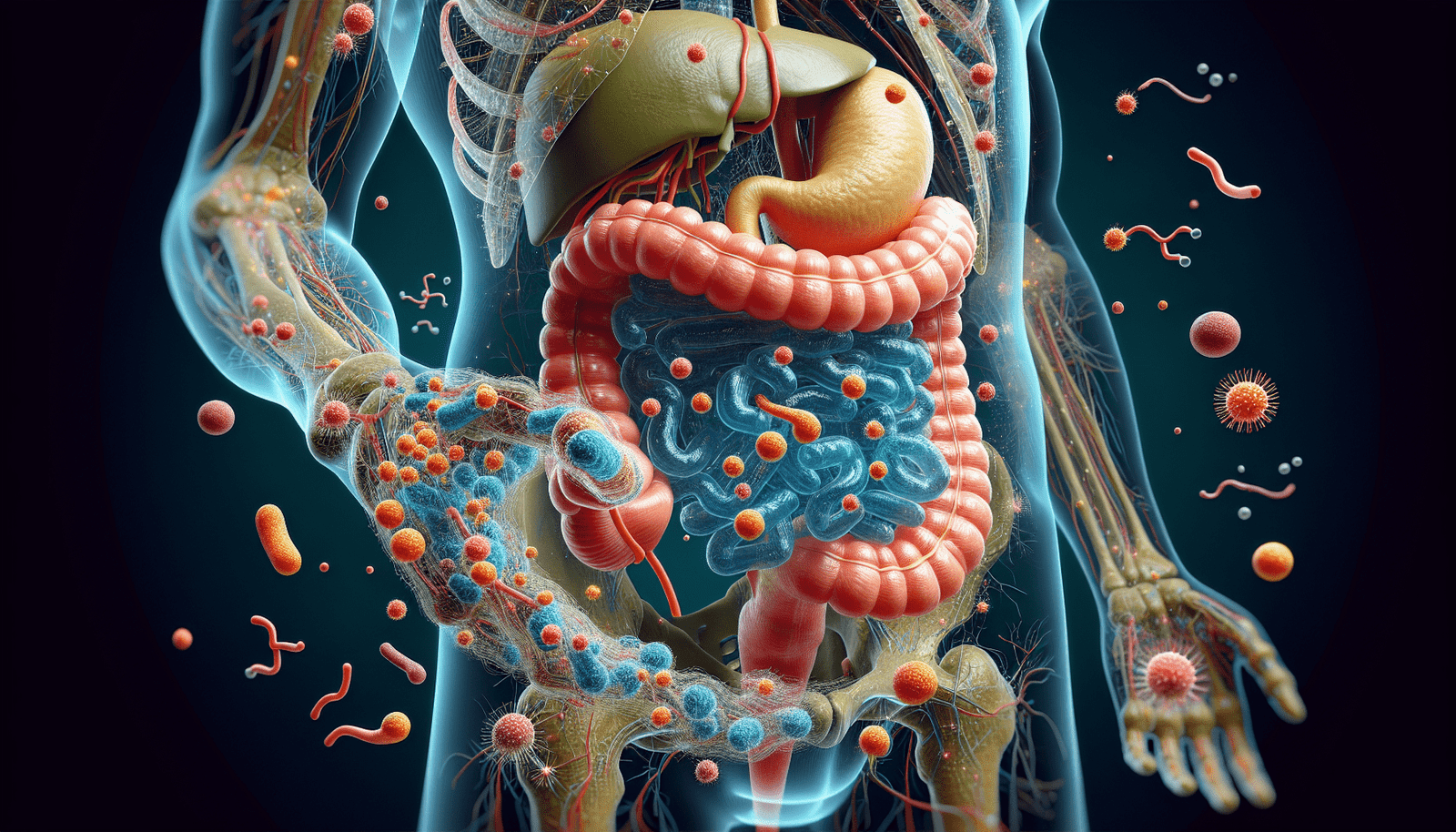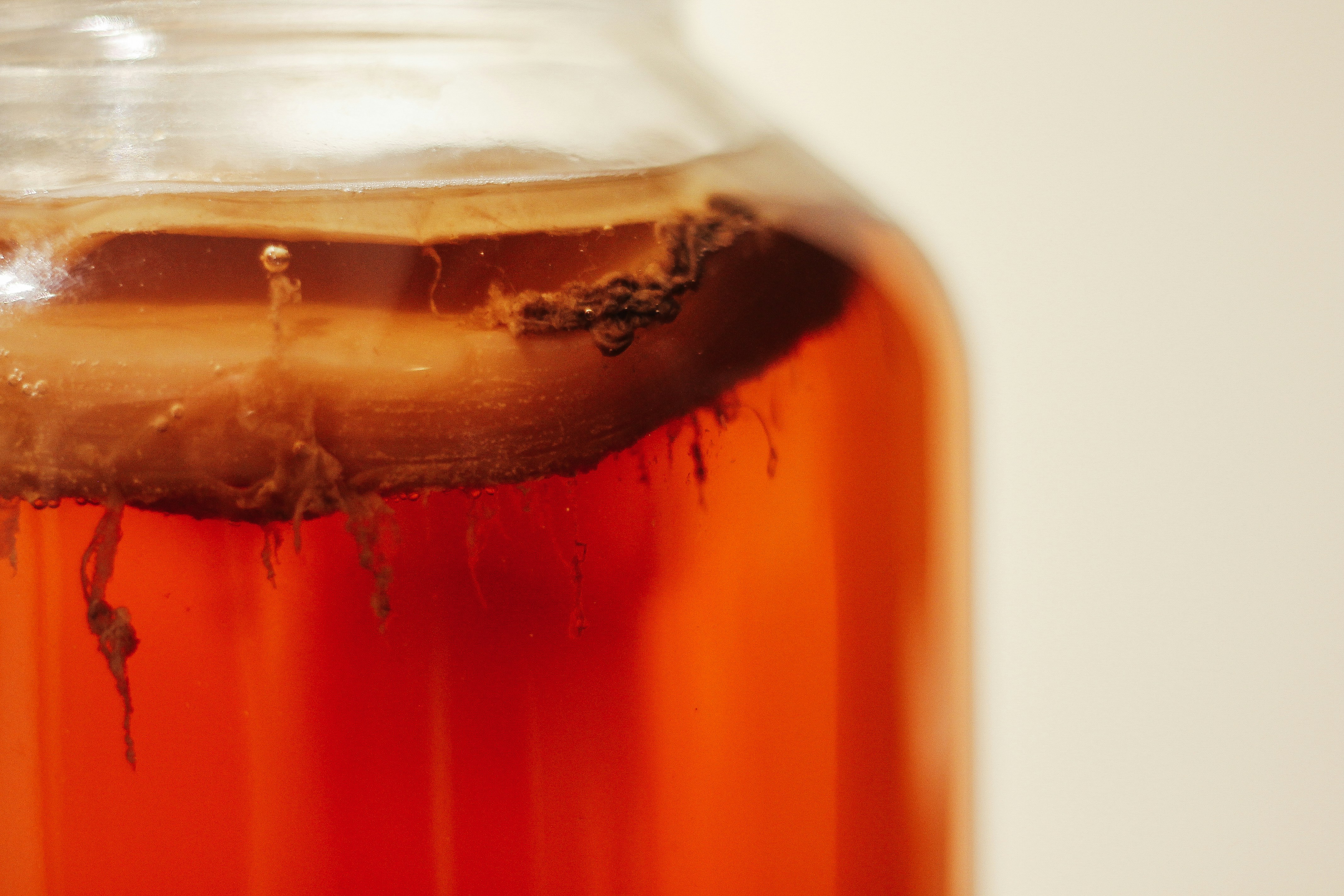Have you ever wondered how your body breaks down the food you eat? Beyond what you might perceive as a simplistic digestive process lies a complex interplay of systems and organisms. Among those unsung heroes is your gut microbiota—a community of trillions of microbes that plays an essential role in not only digestion but also in your overall health. These tiny organisms help break down various substances, including oxalate—a compound found in many foods that can lead to the formation of kidney stones if not properly metabolized. So what is the role of gut microbiota in oxalate breakdown, and why should you care?
Understanding Oxalate and Its Impact on Health
Oxalate, a naturally occurring compound found in plants, is present in various foods such as spinach, rhubarb, nuts, and tea. While it’s part of a healthy diet, consumption of high levels of oxalate can lead to potential health issues.
What is Oxalate?
Oxalate is a type of organic acid that is both a by-product of human metabolism and a substance found in food. In the plant world, oxalate serves as a defense mechanism against herbivores. Humans, however, have a different relationship with this compound. When metabolized properly, it passes through the body without causing harm. But when it accumulates, oxalate can combine with calcium to form insoluble crystals, often leading to the development of kidney stones.
Health Risks Associated with Oxalate
While oxalate is a normal metabolite in the human body, its excessive accumulation can be problematic. The formation of calcium oxalate crystals is a significant risk factor for developing kidney stones, a condition impacting millions globally. These stones can cause severe pain and may lead to further complications if they obstruct the urinary tract.
The Gut Microbiota: Your Internal Ecosystem
Your gut microbiota is like a bustling city within you, populated by a variety of organisms including bacteria, fungi, and viruses. This complex ecosystem is primarily located in your intestine and plays a pivotal role in maintaining your health.
What is Gut Microbiota?
Gut microbiota refers to the vast collection of microorganisms residing in your gastrointestinal system. These microbes are vital to various bodily functions, including aiding digestion, synthesizing vitamins, and protecting against harmful pathogens. Imagine these microorganisms as your personal army, working around the clock to keep you healthy.
Importance of a Balanced Microbiota
A balanced gut microbiota is crucial for overall well-being. An imbalance can lead to a condition known as dysbiosis, which is linked to numerous health issues ranging from inflammatory bowel disease to depression. Ensuring a diverse and harmonious microbial environment in your gut is essential for optimal performance of these microorganisms.
How Gut Microbiota Metabolizes Oxalate
Gut microbiota’s role in oxalate breakdown is a fascinating example of symbiosis at work. Let’s explore how these microscopic allies help in mitigating the potential risks posed by oxalate.
Mechanism of Oxalate Degradation
Certain bacterial species within your gut have the unique ability to metabolize oxalate. These bacteria, such as Oxalobacter formigenes, consume oxalate as their primary energy source, effectively breaking it down and preventing its absorption into your bloodstream. By degrading oxalate, these microbes help reduce its accumulation, thereby lowering the risk of kidney stone formation.
Key Microbial Players
While Oxalobacter formigenes is perhaps the most well-known oxalate-degrading bacterium, other species such as Lactobacillus, Bifidobacterium, and Enterococcus also contribute to this process. These microbes collaborate in a well-coordinated effort to ensure that oxalate is metabolized efficiently.
| Bacterium | Function in Oxalate Metabolism |
|---|---|
| Oxalobacter formigenes | Primary oxalate-degrading bacterium |
| Lactobacillus species | Contributes to oxalate metabolism |
| Bifidobacterium species | Supports breakdown of dietary oxalate |
| Enterococcus species | Assists in reducing oxalate absorption |
Factors Affecting Gut Microbiota and Oxalate Metabolism
Several factors influence how effectively your gut microbiota can break down oxalate. Understanding these factors can empower you to make lifestyle choices that promote better health.
Diet and Nutrition
The composition of your diet profoundly impacts the diversity and functionality of your gut microbiota. Consuming a varied diet rich in fiber can help nurture a diverse microbial community, enhancing its capacity to metabolize oxalate. On the other hand, diets high in fat and sugar may disrupt microbiota balance and reduce its effectiveness.
Antibiotics and Medications
While antibiotics can be lifesaving, they can also disrupt your gut microbiota by killing both harmful and beneficial bacteria. This disruption can reduce the number of oxalate-degrading bacteria, thereby impacting your body’s ability to metabolize oxalate. Being mindful of antibiotic use and taking steps to restore your microbiota after treatment can be crucial.
Lifestyle and Stress
Beyond diet and medication, your lifestyle choices can also affect your gut health. Chronic stress, lack of sleep, and sedentary behavior can have negative effects on your gut microbiota, potentially impairing its ability to break down oxalate efficiently. Engaging in regular physical activity, practicing stress management techniques, and getting adequate rest are vital for maintaining microbial balance.
Enhancing Oxalate Metabolism Through Gut Health
Now that you understand the role of gut microbiota in oxalate metabolism, let’s explore ways you can support its function to benefit from effective oxalate breakdown.
Probiotics and Prebiotics
Incorporating probiotics and prebiotics into your diet can serve as a strategy to bolster your gut microbiota. Probiotics are live beneficial bacteria that can enhance microbial diversity, while prebiotics are fibers that feed these bacteria. Consuming probiotic-rich foods like yogurt and fermented vegetables, along with prebiotic fibers found in garlic, onions, and bananas, can support better oxalate metabolism.
Regular Check-Ins on Gut Health
Monitoring your gut health by observing changes in digestion, mood, and energy levels can offer insights into how well your microbiota is functioning. If you notice any disturbances, consider adjusting your diet or lifestyle choices to support a more balanced gut environment.
Consistency in Healthy Habits
Making consistent, small changes in your daily habits can significantly impact your gut health over time. Aim for a balanced diet, adequate sleep, and regular exercise. By doing so, you’ll not only enhance your gut’s oxalate-degrading capabilities but also foster a healthier you.
Looking Ahead: Future Research and Potential Discoveries
While the understanding of gut microbiota and its role in oxalate metabolism has advanced significantly, there is still much to learn. Continued research promises exciting possibilities for even greater health benefits.
Scientific Innovations in Gut Microbiota
Recent innovations such as gut microbiome sequencing and personalized nutrition offer promising potential to further enhance our understanding. These advancements may lead to more targeted approaches to managing oxalate-related conditions, like personalized probiotics tailored to individual microbial profiles.
Potential Therapeutic Applications
As research evolves, the therapeutic applications of nurturing gut microbiota may extend to include treatment and prevention of not only kidney stones but other metabolic and inflammatory disorders. Imagine a future where probiotics play a central role in clinical therapies, providing natural solutions to complex health challenges.

Conclusion
The role of gut microbiota in oxalate breakdown is a vivid testament to the complexity and intricacies of the human body. These tiny but mighty organisms work relentlessly to keep oxalate levels in check, highlighting the importance of maintaining a healthy gut for overall well-being. By understanding the delicate balance and taking steps to support your microbiota—through diet, lifestyle adjustments, and continued education—you become an active participant in your own health journey. Your gut might just be the key player you’ve been overlooking in the political landscape of your body.




